Custom Pop-Up Tents vs Traditional Blank Tents: Making the Right Choice for Your Outdoor Event
Introduction
In the dynamic world of outdoor events and marketing, choosing the right shelter for your brand is crucial. As businesses increasingly participate in outdoor activities, sporting events, and trade shows to gain visibility and connect with their audience, the importance of selecting the perfect tent cannot be overstated. This comprehensive guide will explore the key differences between custom pop-up tents and traditional blank tents, helping you make an informed decision for your next outdoor event.
The Importance of Outdoor Events for Businesses
Expanding Brand Awareness
Outdoor events offer a unique opportunity for companies to showcase their products, services, and brand identity in a more relaxed and engaging environment. These events allow businesses to:
- Increase brand visibility
- Interact directly with potential customers
- Demonstrate products in real-world settings
- Build relationships with industry peers and partners
Types of Outdoor Events
Businesses can benefit from participating in various outdoor events, including:
- Trade shows and exhibitions
- Sporting events and tournaments
- Community festivals and fairs
- Corporate team-building events
- Product launches and demonstrations
Understanding Custom Pop-Up Tents and Traditional Blank Tents
Custom Pop-Up Tents: A Modern Marketing Solution
Custom pop-up tents have gained popularity in recent years due to their versatility and branding potential. These tents are designed with marketing in mind, offering businesses a portable and eye-catching solution for outdoor events.
Key Features of Custom Pop-Up Tents:
- Collapsible metal frame (often aluminum)
- Durable fabric canopy (typically polyester)
- Customizable graphics and branding
- Quick and easy setup
- Compact storage and transportation
Traditional Blank Tents: Simple and Functional
Traditional blank tents, on the other hand, offer a more basic approach to outdoor shelter. These tents are often simpler in design and lack customization options but can be suitable for certain situations.
Key Features of Traditional Blank Tents:
- Basic design without branding
- Various materials (canvas, nylon, polyester)
- Multiple sizes and shapes available
- Generally lower cost
- Versatile use for camping, emergencies, and events
Comparing Custom Pop-Up Tents and Traditional Blank Tents
Design and Construction
Custom Pop-Up Tents:
- Engineered for quick setup and takedown
- Lightweight yet durable materials
- Integrated frame and canopy system
- Available in various sizes and styles
Traditional Blank Tents:
- Simple designs with separate components
- Heavier materials in some cases
- May require more time and effort to set up
- Limited style options
Customization and Branding
Custom Pop-Up Tents:
- Fully customizable graphics on canopy and walls
- Options for logo placement, slogans, and brand colors
- Professional appearance for corporate events
- Ability to change graphics for different events
Traditional Blank Tents:
- Limited or no branding options
- Plain colors or basic patterns
- Less impactful for marketing purposes
- May require additional signage for branding
Portability and Ease of Use
Custom Pop-Up Tents:
- Lightweight and compact when folded
- Often include a wheeled carrying case
- Can be set up by one or two people quickly
- No additional tools required for assembly
Traditional Blank Tents:
- May be bulkier and heavier
- Setup can be more time-consuming
- Might require multiple people for assembly
- Additional tools or stakes often needed
Durability and Weather Resistance
Custom Pop-Up Tents:
- Designed to withstand various weather conditions
- Water-resistant and UV-protected fabrics
- Sturdy frames resistant to wind (with proper anchoring)
- Easy to clean and maintain
Traditional Blank Tents:
- Durability varies depending on material quality
- May require additional waterproofing
- Less stability in windy conditions
- Can be more challenging to clean and maintain
Cost and Value
Custom Pop-Up Tents:
- Higher initial investment
- Long-term value for marketing and brand exposure
- Reusable for multiple events
- Potential for increased ROI through better brand visibility
Traditional Blank Tents:
- Generally lower upfront cost
- Limited marketing value
- May need replacement more frequently
- Less impactful for business promotion
Factors to Consider When Choosing Between Custom Pop-Up Tents and Traditional Blank Tents
1. Event Type and Purpose
Consider the nature of the events you’ll be attending:
- Trade shows and exhibitions: Custom pop-up tents are ideal for standing out.
- Casual outdoor gatherings: Traditional blank tents might suffice.
- Corporate events: Branded custom tents create a professional image.
2. Frequency of Use
Think about how often you’ll be using the tent:
- Regular events: Invest in a durable custom pop-up tent.
- Occasional use: A traditional blank tent might be more cost-effective.
3. Budget Constraints
Balance your budget with your marketing needs:
- Limited budget: Start with a traditional blank tent and upgrade later.
- Marketing focus: Allocate funds for a custom pop-up tent to maximize brand exposure.
4. Transportation and Storage
Consider your logistical capabilities:
- Limited storage space: Custom pop-up tents are more compact.
- Frequent travel: Lightweight custom tents are easier to transport.
- Static location: Traditional tents might be suitable if mobility isn’t a concern.
5. Branding Requirements
Assess your branding needs:
- High brand visibility: Custom pop-up tents offer superior branding opportunities.
- Minimal branding needs: Traditional blank tents with separate signage might suffice.
Maximizing the Value of Your Outdoor Event Presence
1. Set Clear Objectives
Before investing in any tent, define your goals for participating in outdoor events:
- Increase brand awareness
- Generate leads
- Launch new products
- Network with industry professionals
2. Design an Engaging Space
Regardless of the tent type, create an inviting atmosphere:
- Arrange furniture for easy flow
- Use lighting to enhance ambiance
- Display products or information effectively
3. Train Your Team
Ensure your staff is prepared to make the most of the event:
- Provide product knowledge training
- Teach effective communication skills
- Set goals for lead generation or sales
4. Leverage Technology
Enhance your presence with digital elements:
- Use tablets for interactive demonstrations
- Collect leads digitally for easy follow-up
- Display dynamic content on screens
5. Offer Incentives
Encourage engagement with your brand:
- Provide giveaways or samples
- Host contests or raffles
- Offer event-specific discounts
6. Follow Up Promptly
Capitalize on the connections made at the event:
- Send personalized follow-up emails
- Connect on social media
- Provide additional information or resources
Case Studies: Success with Custom Pop-Up Tents
Tech Startup Boosts Brand Recognition
A young tech company invested in a custom pop-up tent for a series of industry trade shows. The vibrant graphics and professional appearance helped them stand out among larger competitors. As a result, they saw a 30% increase in booth visitors and collected 50% more leads compared to previous events using a traditional blank tent.
Local Brewery Expands Market Reach
A craft brewery used a custom pop-up tent at regional food and drink festivals. The eye-catching design featuring their logo and beer illustrations attracted attendees from across the events. They reported a 25% increase in sample tastings and a significant boost in social media mentions, leading to increased taproom visits in the following months.
Conclusion: Making the Right Choice for Your Business
Choosing between custom pop-up tents and traditional blank tents ultimately depends on your specific business needs, event goals, and budget. Custom pop-up tents offer superior branding opportunities, ease of use, and a professional appearance, making them an excellent choice for businesses focused on marketing and frequent event participation. Traditional blank tents, while more limited in branding potential, can be a cost-effective solution for casual events or businesses with minimal outdoor presence.
Consider your long-term event strategy, the importance of brand visibility, and the potential return on investment when making your decision. Remember, the right tent is not just a shelter – it’s a powerful marketing tool that can significantly impact your success at outdoor events.
Whichever option you choose, focus on creating an engaging and memorable experience for your audience. With careful planning, effective design, and a well-trained team, your outdoor event presence can become a valuable asset in your overall marketing strategy.

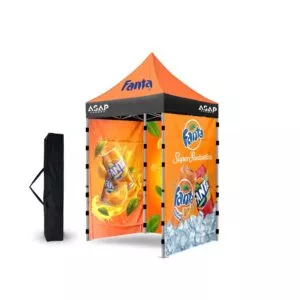
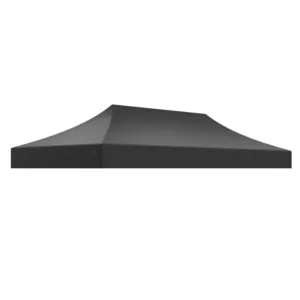
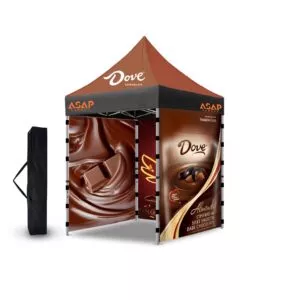
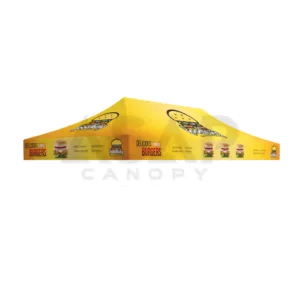
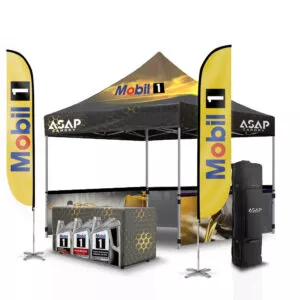
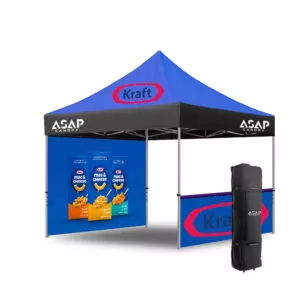
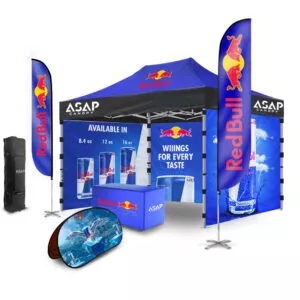
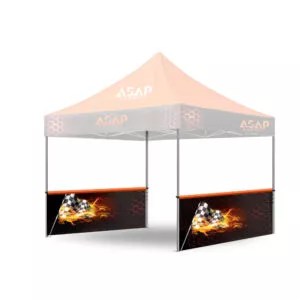
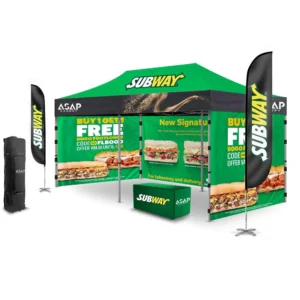
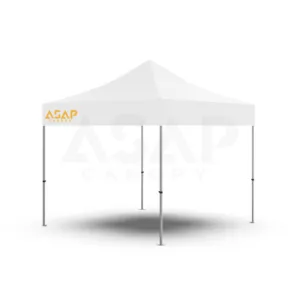
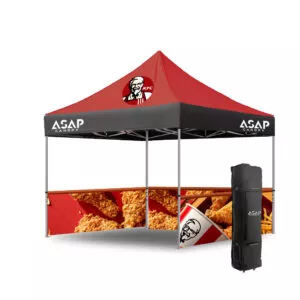
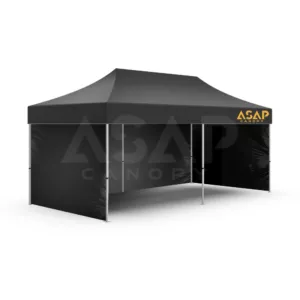
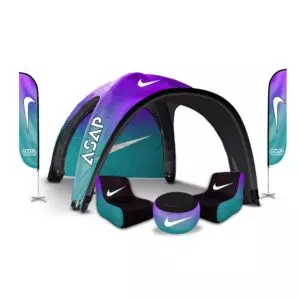
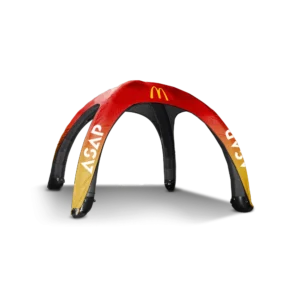
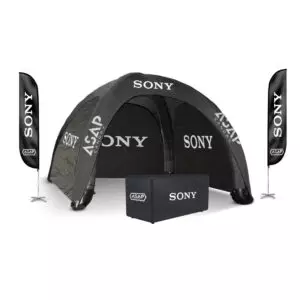
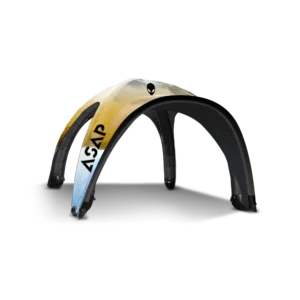
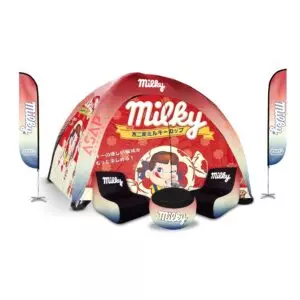
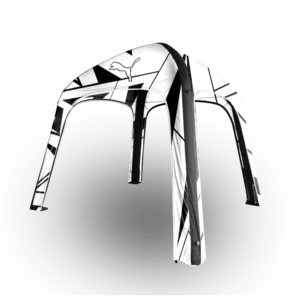
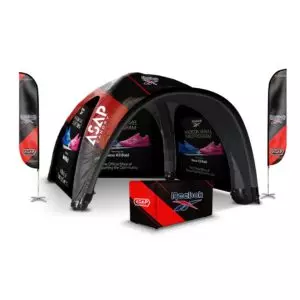
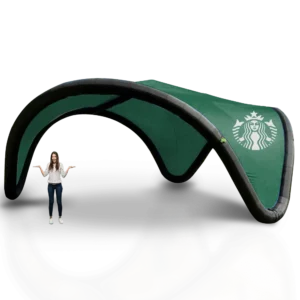
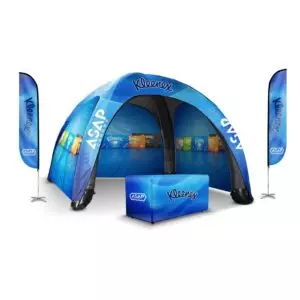
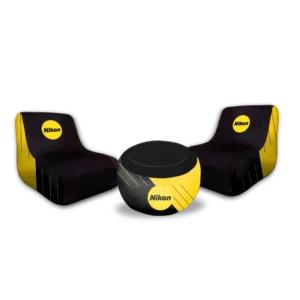
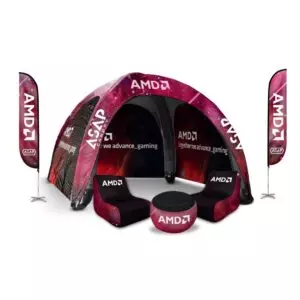
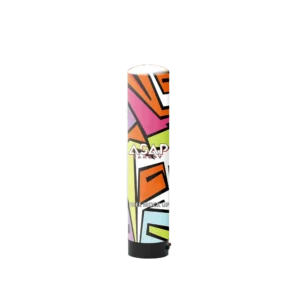
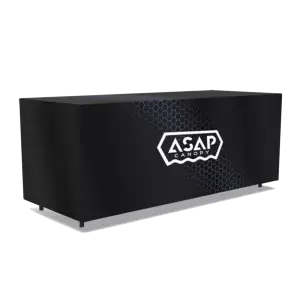
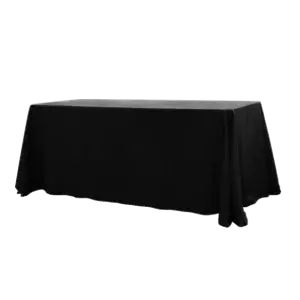
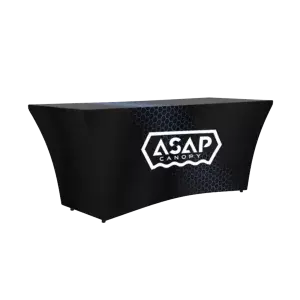
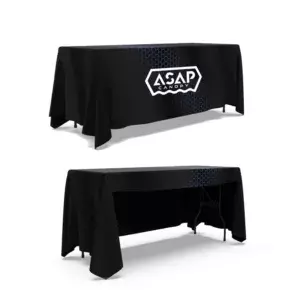
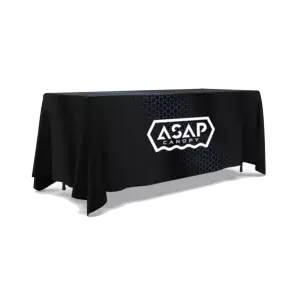
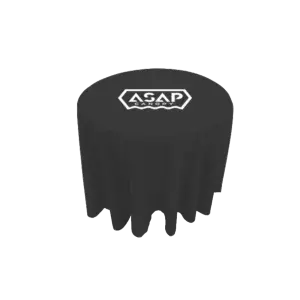
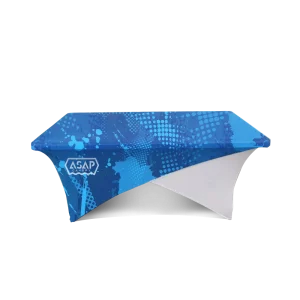
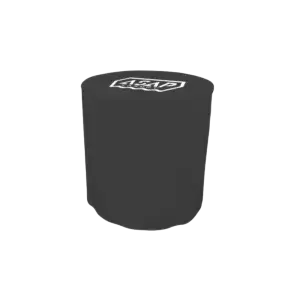
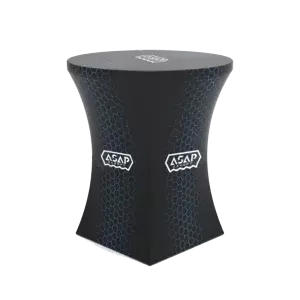
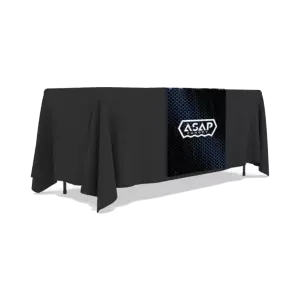
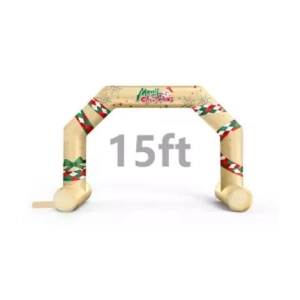
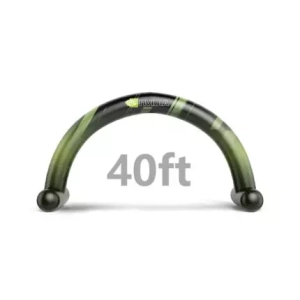
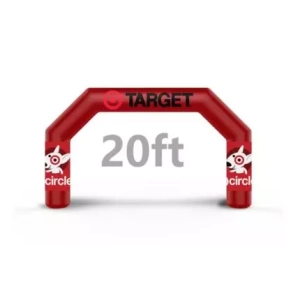
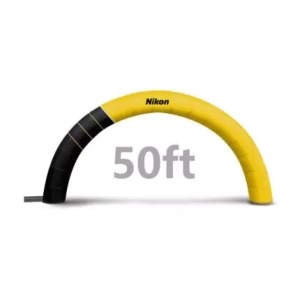
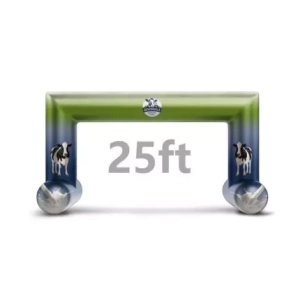
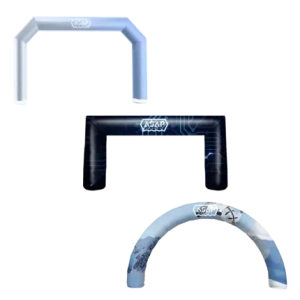
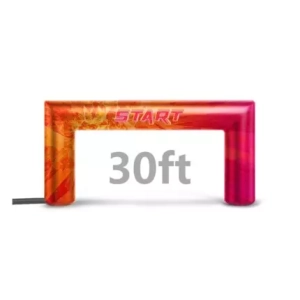


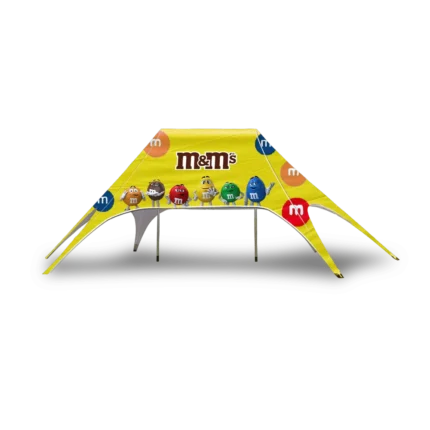
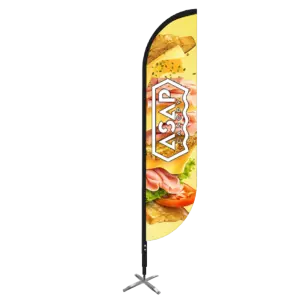
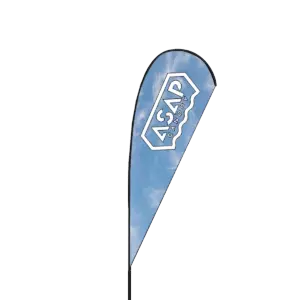
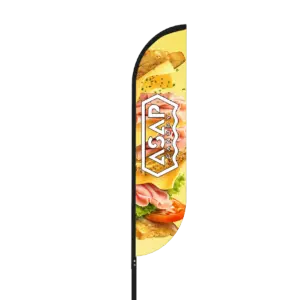
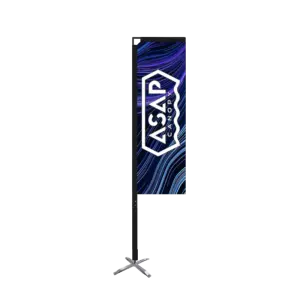
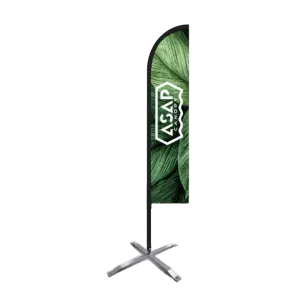
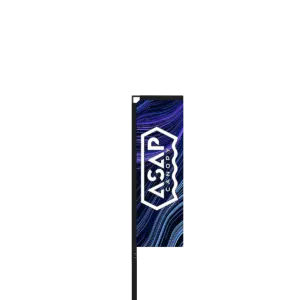
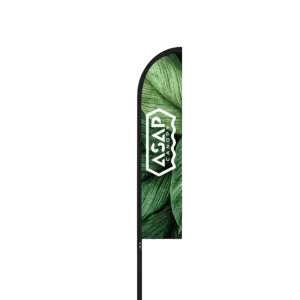
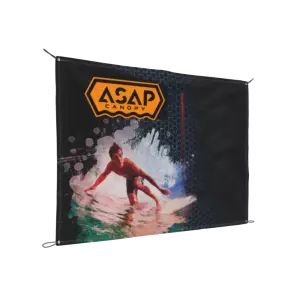
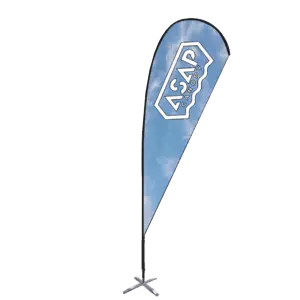
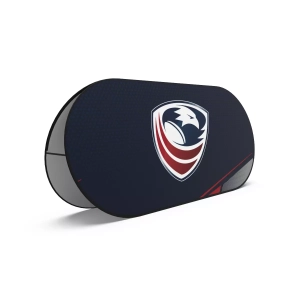
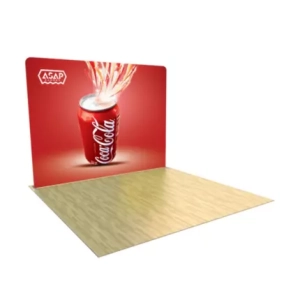
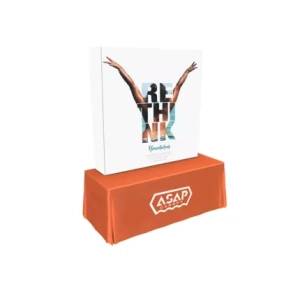
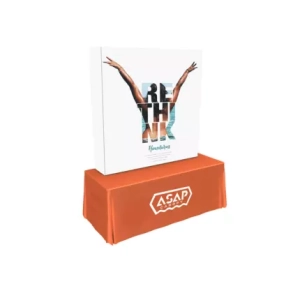
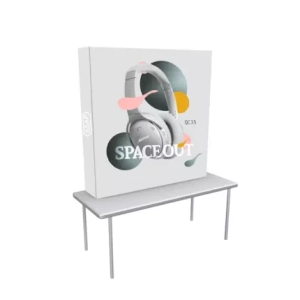
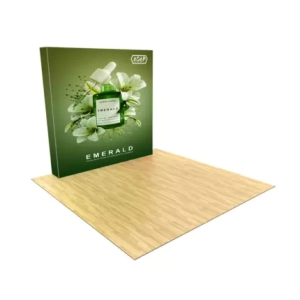
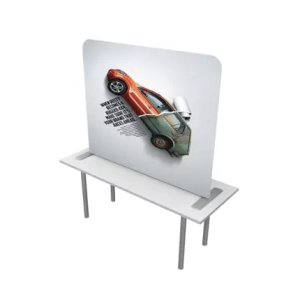
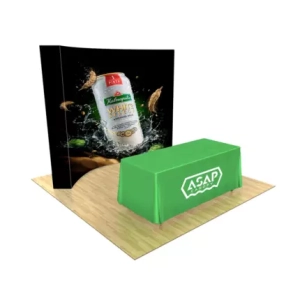
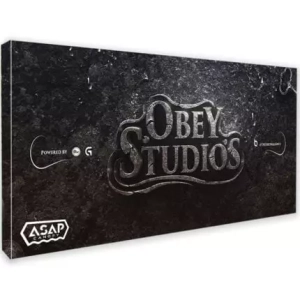

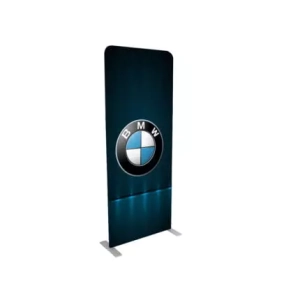
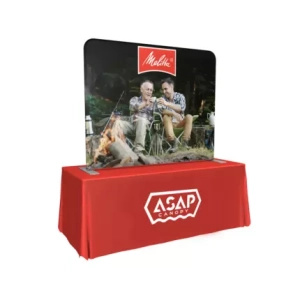
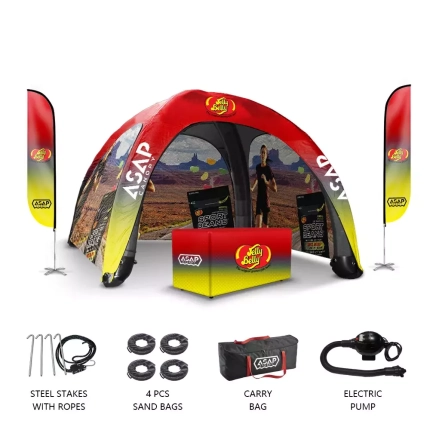
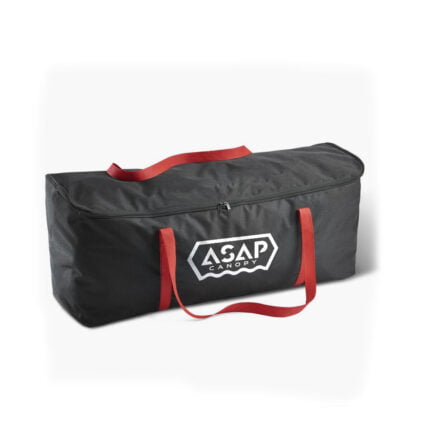
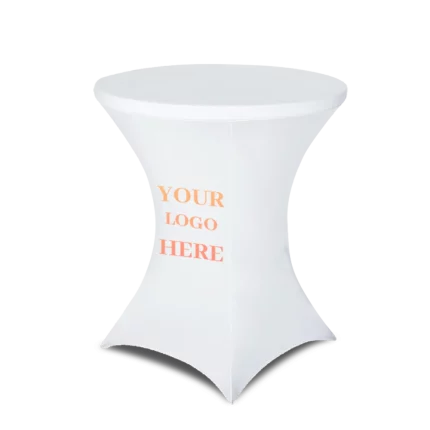


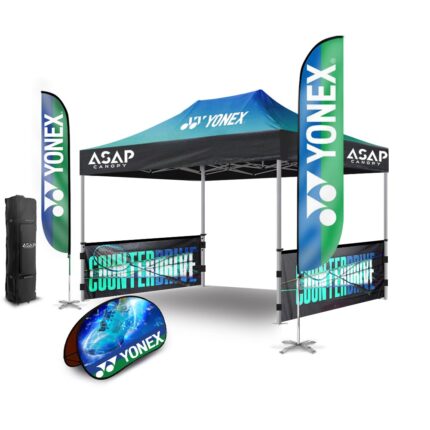
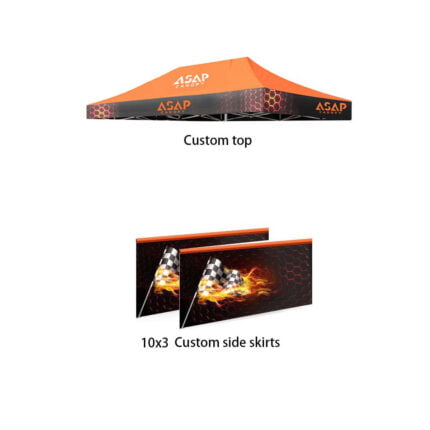

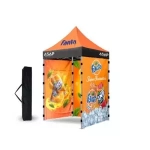 5×5 Pop Up Tent
5×5 Pop Up Tent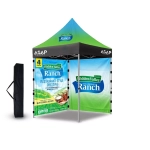 6.5×6.5 Pop Up Tent
6.5×6.5 Pop Up Tent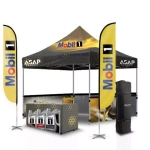 10×10 Canopy Tent
10×10 Canopy Tent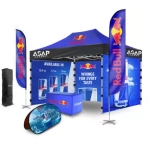 10×15 Canopy Tent
10×15 Canopy Tent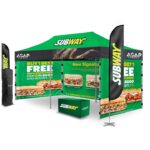 10×20 Canopy Tent
10×20 Canopy Tent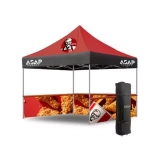 Canopy Options
Canopy Options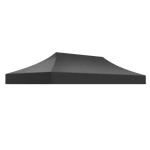 Blank Canopy Top
Blank Canopy Top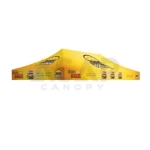 Canopy Top
Canopy Top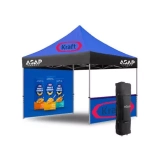 Canopy Walls
Canopy Walls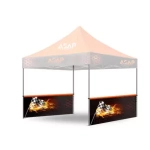 Canopy Side Skirt
Canopy Side Skirt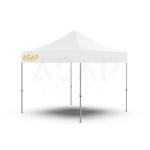 Blank Canopy
Blank Canopy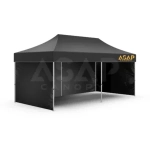 Blank Canopy Kit
Blank Canopy Kit
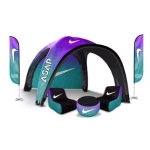 Inflatable Canopy Tents 10×10
Inflatable Canopy Tents 10×10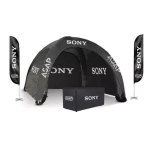 Inflatable Canopy Tents 13×13
Inflatable Canopy Tents 13×13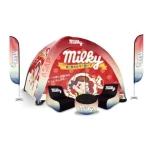 Inflatable Canopy Tents 16×16
Inflatable Canopy Tents 16×16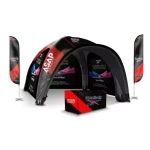 Inflatable Canopy Tents 20×20
Inflatable Canopy Tents 20×20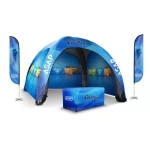 Inflatable Canopy Tents 23×23
Inflatable Canopy Tents 23×23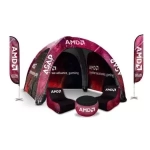 Inflatable Canopy Tents 26×26
Inflatable Canopy Tents 26×26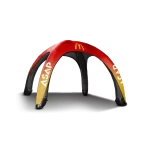 Inflatable Spider Tents
Inflatable Spider Tents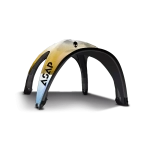 Inflatable Dome Tents
Inflatable Dome Tents Inflatable Eclipse Tents
Inflatable Eclipse Tents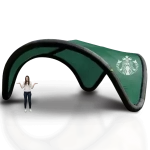 Inflatable Party Tent
Inflatable Party Tent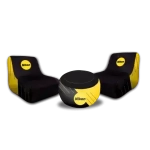 Inflatable Furniture
Inflatable Furniture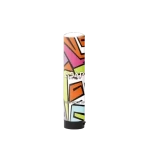 Inflatable Pillar
Inflatable Pillar
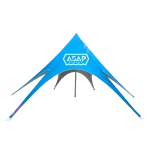 Single Pole Star Tents
Single Pole Star Tents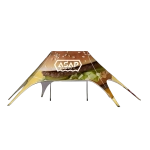 Double Pole Star Tents
Double Pole Star Tents
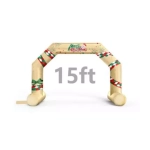 15FT Inflatable Arches
15FT Inflatable Arches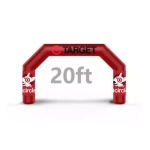 20FT Inflatable Arches
20FT Inflatable Arches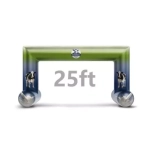 25FT Inflatable Arches
25FT Inflatable Arches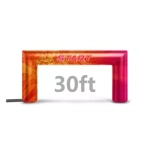 30FT Inflatable Arches
30FT Inflatable Arches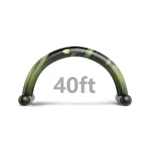 40FT Inflatable Arches
40FT Inflatable Arches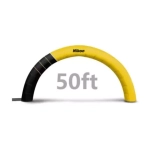 50FT Inflatable Arches
50FT Inflatable Arches Custom Constant Arches
Custom Constant Arches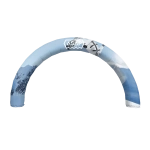 Custom Sealed Arches
Custom Sealed Arches
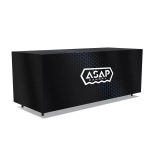 Fitted Table Covers
Fitted Table Covers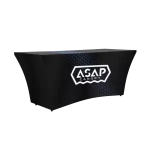 Stretch-Fit Table Covers
Stretch-Fit Table Covers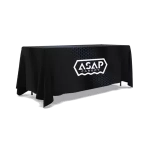 Loose Table Throws
Loose Table Throws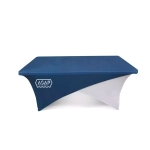 Cross-Over Stretch-Fit Table Cover
Cross-Over Stretch-Fit Table Cover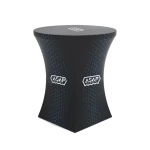 Round Stretch-Fit Table Cover
Round Stretch-Fit Table Cover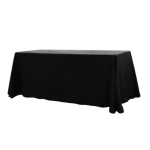 Blank Table Throws
Blank Table Throws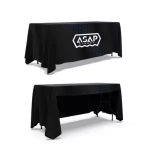 3-Sided Loose Table Throw
3-Sided Loose Table Throw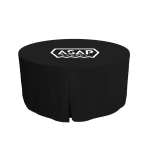 Round Fitted Table Covers
Round Fitted Table Covers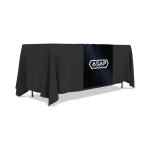 Table Runners
Table Runners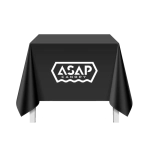 Square Table Covers
Square Table Covers
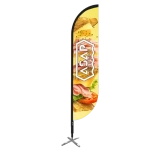 Feather Flags
Feather Flags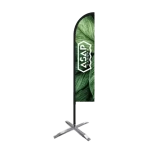 Blade Flags
Blade Flags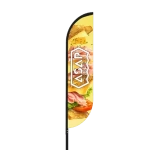 Feather Banner
Feather Banner Blade Banner
Blade Banner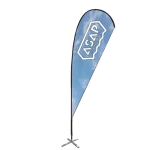 Teardrop Flags
Teardrop Flags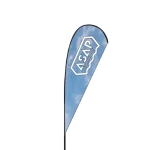 Teardrop Banner
Teardrop Banner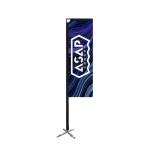 Rectangle Flags
Rectangle Flags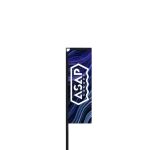 Rectangle Banner
Rectangle Banner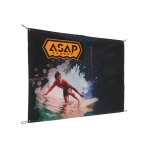 Mesh Event Banners
Mesh Event Banners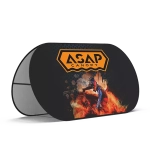 Pop Out Banner Horizontal
Pop Out Banner Horizontal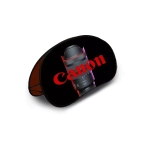 Pop-Out Banner Vertical
Pop-Out Banner Vertical
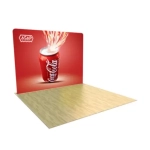 Trade Show Display
Trade Show Display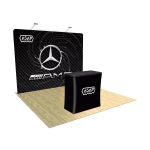 Trade Show Display Kit
Trade Show Display Kit Pop Up Trade Show Display
Pop Up Trade Show Display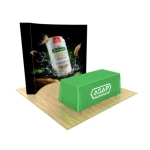 Pop Up Trade Show Display Deluxe Kit
Pop Up Trade Show Display Deluxe Kit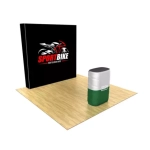 Pop Up Trade Show Display Kit
Pop Up Trade Show Display Kit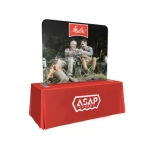 TableTop Displays Kit
TableTop Displays Kit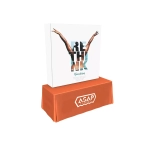 Pop Up Tabletop Display Kit
Pop Up Tabletop Display Kit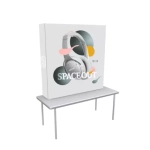 Pop Up Tabletop Display
Pop Up Tabletop Display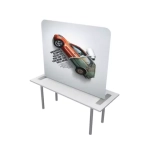 Tabletop Display
Tabletop Display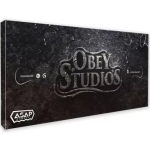 Straight Trade Show Exhibit Booth
Straight Trade Show Exhibit Booth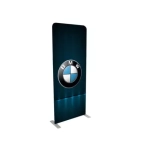 Banner Stand
Banner Stand
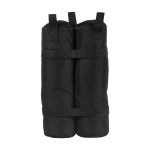 Tent Accessories
Tent Accessories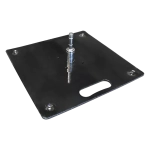 Flag Accessories
Flag Accessories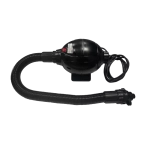 Arch Accessories
Arch Accessories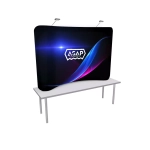 Trade Show Accessories
Trade Show Accessories
